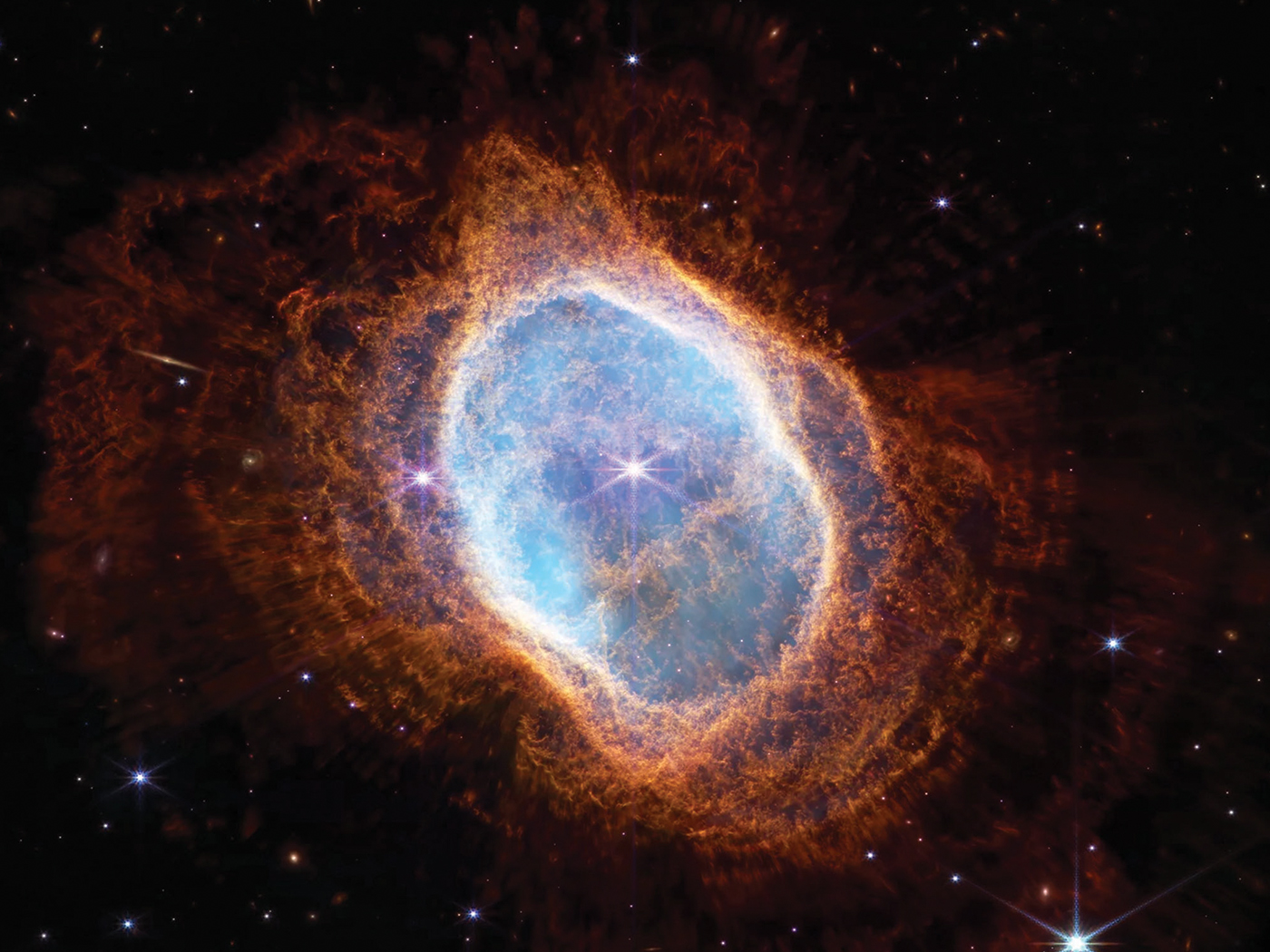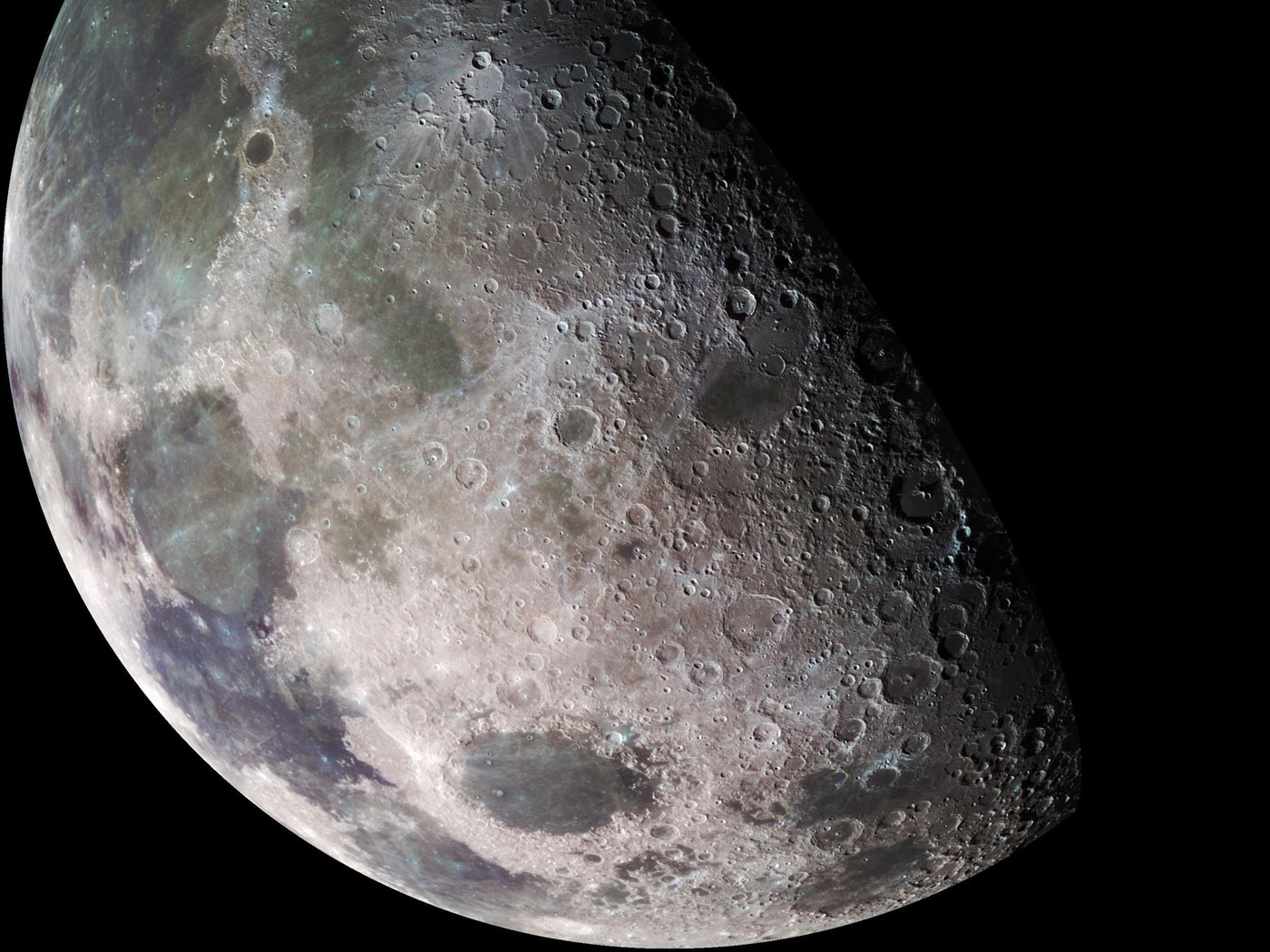Increasingly, orphan genes defy evolution and support the Genesis account of creation. These genes are unique sets of coding sequences specific to particular creatures. This is a big problem for evolutionary ideas to explain. In a recent research report, scientists describe a new set of 1,307 orphan genes that are completely different between humans and chimpanzees.1
Orphan genes, as the name implies, are found in no other type of creature and therefore have no evolutionary history. This finding is another key prediction of the creation model. Not only should creatures have similar code for similar functions, but they should also have unique code that makes them distinct from other creatures. In support of this creation prediction, scientists discovered that orphan genes are incredibly important for specific biological processes and traits that correspond with specialized adaptations. Several previous articles published on the ICR news site have described these types of genes discovered in zebrafish and honey bees.2,3
Many creatures with similar types of body plans and other shared biological traits, possess similar sets of core genes. Evolutionists claim that this is evidence of common ancestry. However, creationists propose a more obvious and efficient explanation: Common genetic code is a predicted feature of purposefully engineered systems in the genomes of creatures that share the same environment and have similar requirements. It's just like a computer programmer who uses common pieces of code in different software programs.
In yet another recent research report, scientists describe 634 orphan genes in humans and 780 in chimpanzees.1 In other words, we now have a new set of 1,307 genes that are completely different between humans and chimpanzees. In fact, the chimp-specific genes are not found in any other supposed chimp ancestor—like macaque, an extant monkey. They are unique to the chimps just like the human orphan genes are unique to humans. Darwinian evolution did not predict this remarkable discovery.
Essentially exposing evolution's weakness in explaining orphan genes, the researchers say, "For the past 20 years scientists have puzzled over a strange-yet-ubiquitous genomic phenomenon; in every genome there are sets of genes which are unique to that particular species i.e. lacking homologues [similar counterparts] in any other species."1
Another interesting fact about these newly discovered orphan genes is that they represent just a subset of the genes unique to chimp or human. The researchers only analyzed genes expressed in liver, heart, brain, and testes. Many other bodily tissues still need to be examined. In addition, the team only analyzed genes that were spliced, meaning complex genes that have coding and non-coding regions, with the coding regions being snipped out of the RNA transcript after they are copied from the DNA. Many other genes in the genome are not spliced and were not included in this study. Needless to say, the numerous gene differences that scientists discovered between humans and chimps cannot be accounted for by Darwin's theory of common ancestry.
Not only do orphan genes and the amazing creature-specific traits they encode challenge evolution, they also help creationists understand the patterns of genome structure related to created kinds. While obvious differences between humans and chimps defy evolution on a grand scale, the presence of orphan genes underscores the uniqueness of humans created in God's image.
References
- Ruiz-Orera, J. et al. 2015. Origins of De Novo Genes in Human and Chimpanzee. PLoS Genetics. 11 (12): e1005721.
- Tomkins, J. 2013. Newly Discovered 'Orphan Genes' Defy Evolution. Creation Science Update. Posted on icr.org August 26, 2013, accessed January 4, 2016.
- Tomkins, J. 2015. Honey Bee Orphan Genes Sting Evolution. Creation Science Update. Posted on icr.org February 19, 2015, accessed January 4, 2016.
*Dr. Tomkins is Research Associate at the Institute for Creation Research and received his Ph.D. in genetics from Clemson University.
Article posted on January 21, 2016.







